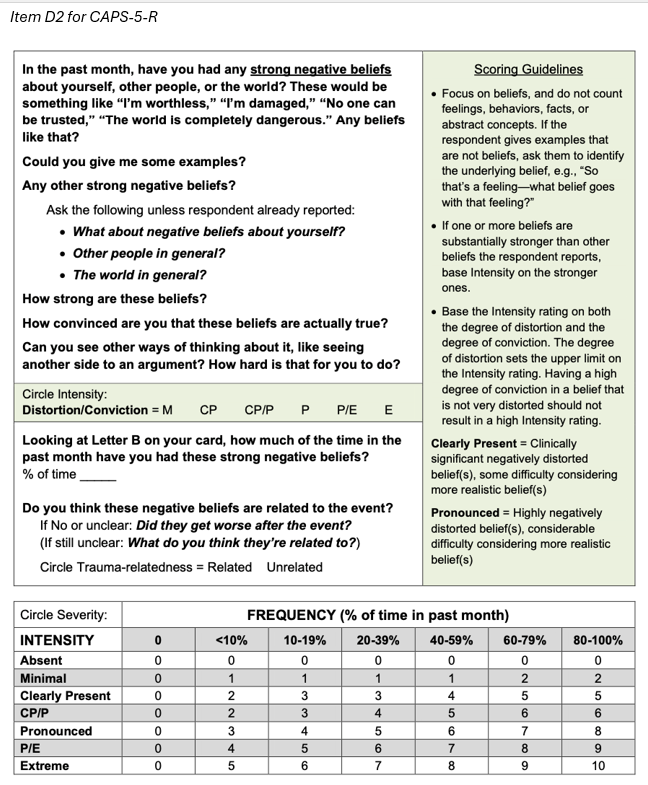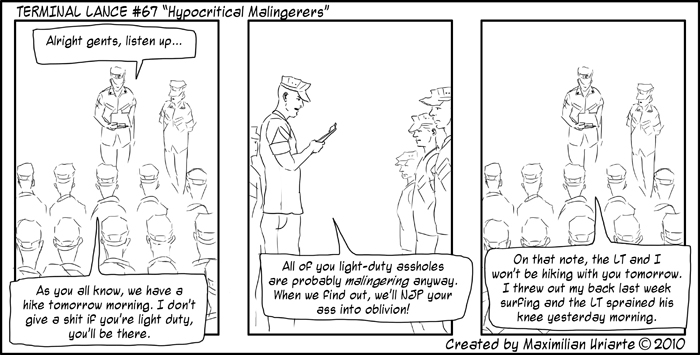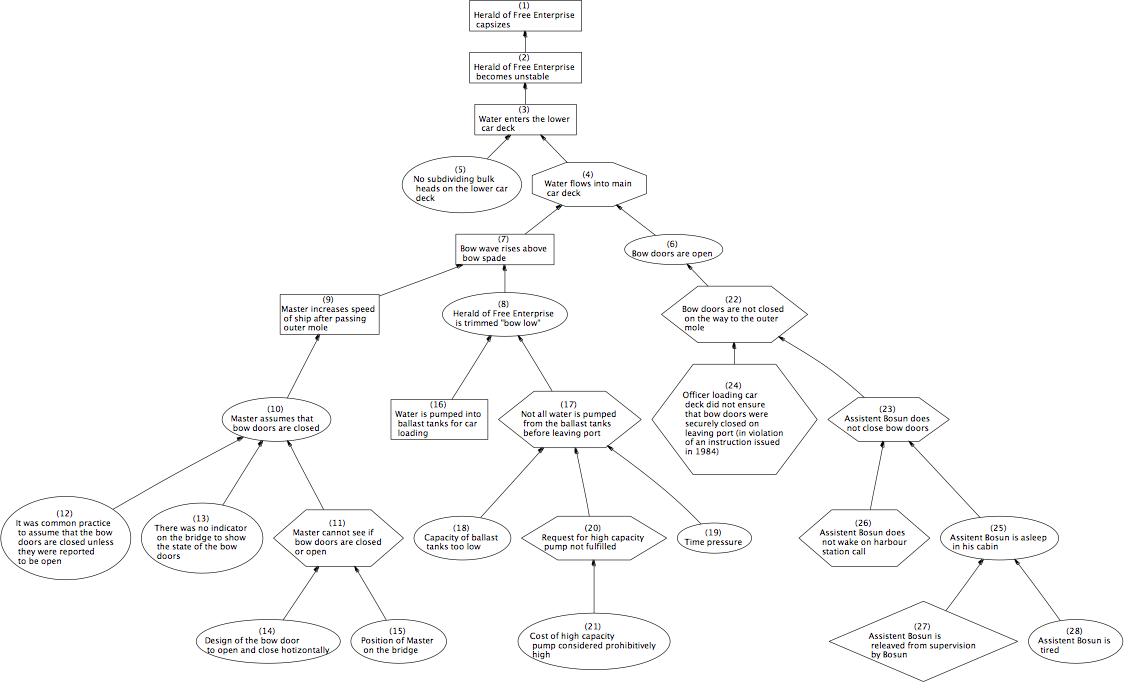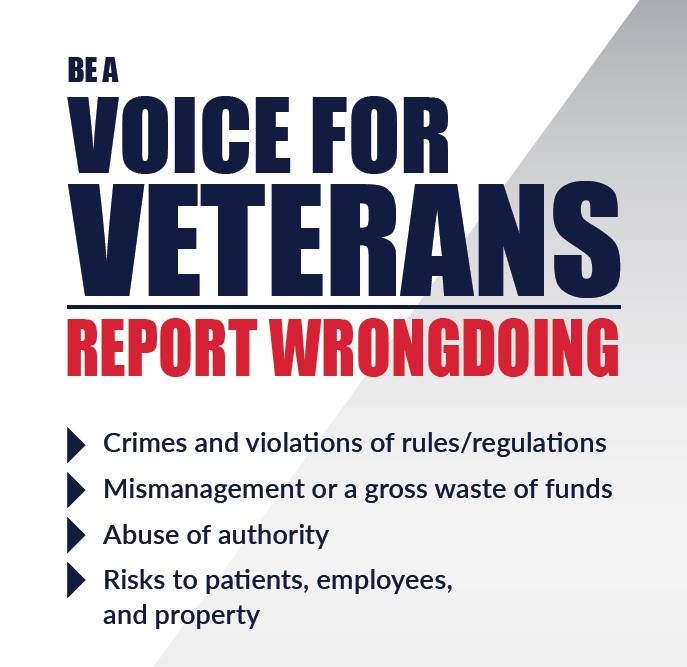- Home
- Psychologist & Psychiatrist C&P Examiners
- C&P Exam for PTSD
C&P Exam for PTSD
For Psychologist & Psychiatrist Examiners
Your current C&P exams for PTSD are probably inadequate, and maybe even unethical.
I'm using strong (but accurate) language to get your attention because it's better to hear the facts from me now than from a licensing board or ethics committee in the future.
PTSDexams.net is an educational site with no advertising and no affiliate links. Dr. Worthen conducts Independent Psychological Exams (IPE) with veterans, but that information is on his professional practice website.
Pressure to Conduct Skimpy Exams
Political, institutional, and economic forces exert pressure on examiners to conduct inadequate—even unethical—C&P exams for PTSD.1
If you are a relatively new VA-employed examiner, or if you conduct PTSD exams for a Medical Disability Examination (MDE) company such as QTC, LHI, or Veterans Evaluation Services (VES), you might not believe such pressure exists.
But if you are willing to suspend judgement and consider the possibility that this might be true, I suspect you will be glad that you kept reading, because I will demonstrate how your current C&P exams are probably inadequate and maybe even unethical.
→ I encourage you to remain aware of our tendency to resolve cognitive dissonance by rejecting or explaining away contrary beliefs.2
 A mind is like a parachute ...
A mind is like a parachute ...Your Licensing Board Has Some Questions ...
Your psychology licensing board received a complaint about a C&P exam for PTSD you conducted.α You don't know who complained.ß
Here are some of the investigator's questions for you:
- Do you conduct VA compensation and pension examinations based on the best available research?
» Describe examples of how your exams comport with the empirical literature. - Are your C&P exams for PTSD based upon established scientific and professional knowledge of the discipline?
» Explain how your exams rest on established scientific and professional knowledge of clinical and forensic psychology? - Are your C&P exams based on information and techniques sufficient to substantiate your findings?
» Describe the assessment techniques you use that substantiate your findings.
How would you answer those questions?
Relevant Ethical Principles
As you probably recognize, these hypothetical (but realistic) questions have their origins in APA Ethical Principles:3
2.04 Bases for Scientific and Professional Judgments - Psychologists' work is based upon established scientific and professional knowledge of the discipline. (Questions 1 & 2)
9.01 Bases for Assessments (a) Psychologists base the opinions contained in their recommendations, reports, and diagnostic or evaluative statements, including forensic testimony, on information and techniques sufficient to substantiate their findings. (Question 3)
The first question, although certainly grounded in APA ethical principles, derives specifically from APA's definition of Evidence-Based Practice in Psychology:
"Evidence-based practice in psychology (EBPP) is the integration of the best available research with clinical expertise in the context of patient characteristics, culture, and preferences."4
Answers to the Licensing Board's Questions
Weak Answers
Question: 1. Do you conduct VA compensation and pension examinations based on the best available research? » Describe examples of how your exams comport with the empirical literature.
Answer: Yes. I am a Certified C&P Examiner—certified by the Department of Veterans Affairs—which means I have completed extensive VA education and training, which is based on the best available research. None of my exams have been considered inadequate for VA rating purposes.
→ Why is this a weak answer?
(a) Although the VA C&P examiner training is quite good, it is also woefully incomplete.
(b) One becomes a "certified" C&P examiner after completing open book, repeatable tests with an 80% correct response rate.
(c) VA requires only knowledge-based training, and only knowledge-based assessments of prospective examiners.
In contrast, almost all health professions, particularly medicine, employ the competency-based medical education (CBME) model, which requires both knowledge-based and performance-based training, as well as knowledge-based and performance-based assessments.5
(d) The Department of Veterans Affairs determines if an exam is "adequate for VA rating purposes" using a set of quality indicators called Audit Review Criteria.Γ
The first eight Audit Review Criteria questions apply only to VBA staff. Questions 9–17 apply to the C&P exam report, and are reproduced below.
As you read these quality review criteria, ask yourself, "Does this question truly measure psychological evaluation report quality?"
Audit Review Criteria: Key Elements for Reports
9. Is the examiner currently registered and certified to perform this type of examination?
10. Does the report address the exam/DBQ worksheet criteria for the condition(s) at issue?
11. Does the examiner reconcile/explain any internal discrepancies, inconsistencies or contradictions?
12. Does the report provide a precise diagnosis (or explain why a precise diagnosis was not provided) for each condition at issue?
13. If there is a change in the diagnosis of a service connected condition, did the examiner provide an explanation or rationale for the change?
14. If the examiner documented the presence of a noted or suspicious condition requiring immediate medical care or further evaluation, was there documentation that the Veteran/Service Member was notified?
15. If a medical opinion was requested, did the examiner indicate that the claim file, VBMS, and/or Virtual VA were reviewed in conjunction with any other records?
16. If a medical opinion was requested, was the requested medical opinion provided?
17. If a medical opinion was requested, was a rationale provided for the requested medical opinion?
Strong Answers
Question: 1. Do you conduct VA compensation and pension examinations based on the best available research? » Describe examples of how your exams comport with the empirical literature.
Answer: Yes. Here are examples:
(a) I use a structured diagnostic interview for PTSD, the CAPS-5, when I conduct C&P exams for post-traumatic stress disorder.6 In general, structured diagnostic interviews produce more reliable and valid diagnoses than unstructured interviews.7,8,9,10,11
Importantly, structured diagnostic interviews result in more reliable and valid C&P exam conclusions.12
(Note: If you are a VIP member of PTSDexams.net, be sure to download Best Practice Recommendations for PTSD Exams for a detailed explanation of why structured interviews have so many advantages over idiosyncratic, unstructured inquires.)
To be continued ...
Endnotes
α. These questions could just as easily come from a veterans law attorney challenging your competency before the Board of Veterans Appeals, something that will become increasingly common since the Federal Circuit's decision in Francway v. Wilkie [940 F.3d 1304 (Fed. Cir. 2019) (en banc)].
ß. Much of what I write in this article applies to psychiatrists who conduct C&P exams for PTSD and other mental disorders. But some of the specifics, such as American Psychological Association ethical principles, will be somewhat different for psychiatrists as they are governed by American Medical Association ethical principles.
Γ. On 19 May 2020, the Department of Veterans Affairs provided me with the FY 20 Audit Review Criteria pursuant to a Freedom of Information Act (FOIA) request I made on 10 Nov 2018 (FOIA Request 19-01753-F). Although I initially did not receive a response to my request, when I mailed another request to VA in 2020, a (new?) staff member responded promptly and very professionally to my inquiry, which I greatly appreciate.
Footnotes
1. Arthur C. Russo, "Assessing Symptom Validity," Psychological Injury and Law 7, no. 2 (June 2014): 178. doi:10.1007/s12207-014-9190-2 (describing how conflicting ethical-moral and utilitarian-political forces inherent in the Department of Veteran Affairs act to undermine the accurate assessment of veteran symptoms via both institution-wide systemic practices and local medical center-specific pressures towards collusive lying). [emphasis added]
2. Leon Festinger, A Theory of Cognitive Dissonance (Stanford, CA: Stanford University Press, 1957), 3. ("the existence of dissonance, being psychologically uncomfortable, will motivate the person to try to reduce the dissonance and achieve consonance. When dissonance is present, in addition to trying to reduce it, the person will actively avoid situations and information which would likely increase dissonance."). [emphasis added]
3. American Psychological Association. Ethical Principles of Psychologists and Code of Conduct. Washington, D.C.: American Psychological Association, 2002, as amended 2010 and 2016. See also American Psychological Association. "Revision of Ethical Standard 3.04 of the 'Ethical Principles of Psychologists and Code of Conduct' (2002, as Amended 2010)." American Psychologist 71, no. 9 (2016): 900. https://doi.org/10.1037/amp0000102
4. APA Presidential Task Force on Evidence-Based Practice, "Evidence-Based Practice in Psychology," American Psychologist 61, no. 4 (2006): 273. https://doi.org/10.1037/0003-066X.61.4.271
5. See, e.g., Martin Mulder, Professor Emeritus, Education and Competence Studies, Wageningen University, the Netherlands, Professional Competence in Context: A Conceptual Study. Paper presented at the American Educational Research Association (AERA), Chicago, IL (Apr. 19, 2015) ("... the meaning of competence is situation-specific or context-bound.”); see also T. J. Olle ten Cate, Linda Snell, & Carol Carraccio, "Medical Competence: The Interplay Between Individual Ability and the Health Care Environment", Medical Teacher 32, no. 8 (2010): 669–675. https://doi.org/10.3109/0142159X.2010.500897
6. Weathers, Frank W., Michelle J. Bovin, Daniel J. Lee, Denise M. Sloan, Paula P. Schnurr, Danny G. Kaloupek, Terence M. Keane, and Brian P. Marx. “The Clinician-Administered PTSD Scale for DSM–5 (CAPS-5): Development and Initial Psychometric Evaluation in Military Veterans.” Psychological Assessment 30, no. 3 (March 2018): 383–95. https://doi.org/10.1037/pas0000486 | PMC5805662
7. Hurst, Vicie, Deborah C. Beidel, and Daniel L. Segal, "Structured and Semistructured Interviews for Differential Diagnosis: Fundamental Issues, Applications, and Features." In Adult Psychopathology and Diagnosis. 8th ed. Edited by Deborah C. Beidel and B. Christopher Frueh (Hoboken, NJ: John Wiley & Sons, 2018), 105–130.
8. Kashner, T. Michael, A. John Rush, Alina Surís, Melanie M. Biggs, Virginia L. Gajewski, Danielle J. Hooker, Thomas Shoaf, and Kenneth Z. Altshuler. “Impact of Structured Clinical Interviews on Physicians’ Practices in Community Mental Health Settings.” Psychiatric Services 54, no. 5 (May 2003): 712–18. https://doi.org/10.1176/appi.ps.54.5.712
9. Miller, Paul R., Robert Dasher, Rodney Collins, Pamela Griffiths, and Fred Brown. “Inpatient Diagnostic Assessments: 1. Accuracy of Structured vs. Unstructured Interviews.” Psychiatry Research 105, no. 3 (December 2001): 255–64. https://doi.org/10.1016/S0165-1781(01)00317-1
10. Rogers, Richard. “Standardizing DSM-IV Diagnoses: The Clinical Applications of Structured Interviews.” Journal of Personality Assessment 81, no. 3 (December 2003): 220–25. https://doi.org/10.1207/S15327752JPA8103_04
11. Rogers, Richard. Handbook of Diagnostic and Structured Interviewing. New York: Guilford Press, 2001.
12. Speroff, Theodore, Patricia L. Sinnott, Brian Marx, Richard R. Owen, James C. Jackson, Robert Greevy, Nina Sayer, et al. “Impact of Evidence-Based Standardized Assessment on the Disability Clinical Interview for Diagnosis of Service-Connected PTSD: A Cluster-Randomized Trial.” Journal of Traumatic Stress 25, no. 6 (2012): 607–15. https://doi.org/10.1002/jts.21759. See also Marx, Brian P., et al. “Validity of Posttraumatic Stress Disorder Service Connection Status in Veterans Affairs Electronic Records of Iraq and Afghanistan Veterans.” Journal of Clinical Psychiatry 77, no. 4 (2016): 517–22. https://doi.org/10.4088/JCP.14m09666
Subscribe to receive new articles and other updates
Comment
What Do You Think?
I value your feedback!
If you would like to comment, ask questions, or offer suggestions about this page, please feel free to do so. Of course, keep it clean and courteous.
You can leave an anonymous comment if you wish—just type a pseudonym in the "Name" field.
If you want to receive an email when someone replies to your comment, click the Google Sign-in icon on the lower right of the comment box to use Google Sign-in. (Your email remains private.)
↓ Please comment below! ↓





